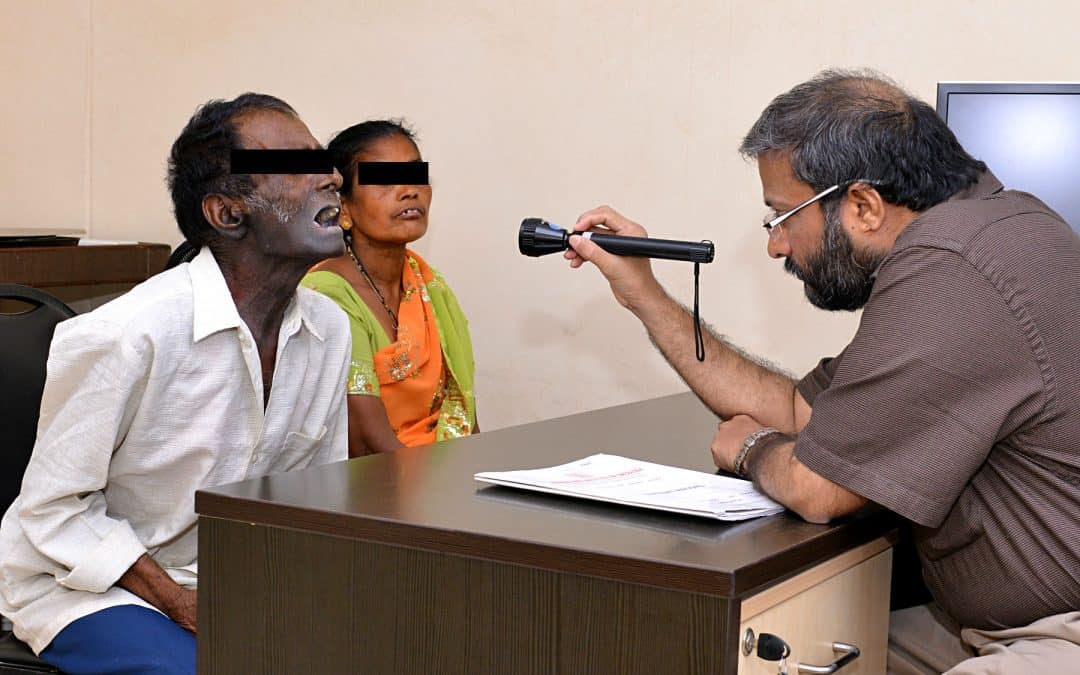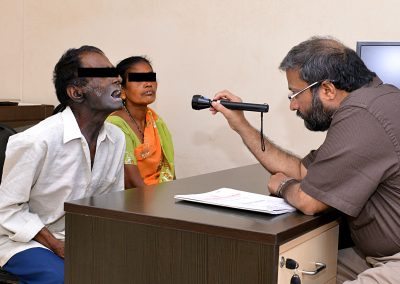Global reports indicate that more than 60% of patients with cancer are aged 65 and above and that nearly 15% are above the age of 80. From a terminological perspective ageing is a complex, heterogeneous and highly individualized process. Patients of the same chronological age can differ greatly in physiological age and other aspects of ageing. Further, a person’s age alone does not always predict his or her physiological decline as co-morbidities (like diabetes, hypertension, chronic renal and lung function, dementia, Alzheimer’s and Parkinson’s to name a few); mental happiness and family support play a major role.
Cancer care of the elderly is a medical challenge to any health-care system. In most cases older people have variable health status, and are afflicted with multiple morbidities. In old people there is a decrease in functional capacity of major organs like the liver, brain, heart and kidneys. Ageing is also associated with a decrease in gastrointestinal motility, blood flow, secretion of digestive enzymes and metabolic functions, which can result in reduced drug absorption rate. All these changes reduce the body’s coping abilities to cancer treatment. Under these conditions the care of elderly requires special integration of an oncologic and geriatric approach which is present in very few centers at present.
In developed countries, over the past 20 years, the medical community has seen the development of geriatric oncology units that focus on care of older cancer patients. However a gap in knowledge about the safest and most effective cancer treatment for patients in this age group exits in India. At MIO, concerted efforts are being made to develop evidence based care of elderly patients with cancer by considering their socioeconomic, religious, nutritional, general health and above all social and family support system. At MIO well researched treatment schedules and regimens are being used in radiation, surgery, and chemotherapy. We have treated a good number of elderly people above the age of 80 and the results are indicative of the fact that the treatment regimens planned are very effective and well tolerated by these patients.


